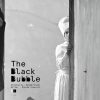Melancholia, Love and Sasquatches: Euronews Culture’s Top 10 Movies from Berlinale 2024

Here is our Top 10 from this year’s Berlin International Film Festival – keep an eye out for these gems.
The Berlin International Film Festival’s red carpets have been rolled up.
While we’re still wrestling with the controversial fallout of the 74th Berlinale and getting over some of the decisions made by the jury, we’re focusing on what the event, at the end of the day, is all about: quality filmmaking.
It’s time to round up our favourite films of this year’s Berlinale, giving you the lowdown on the titles you should be seeking out in cinemas over the coming year.
1) Des Teufels Bad (The Devil’s Bath)
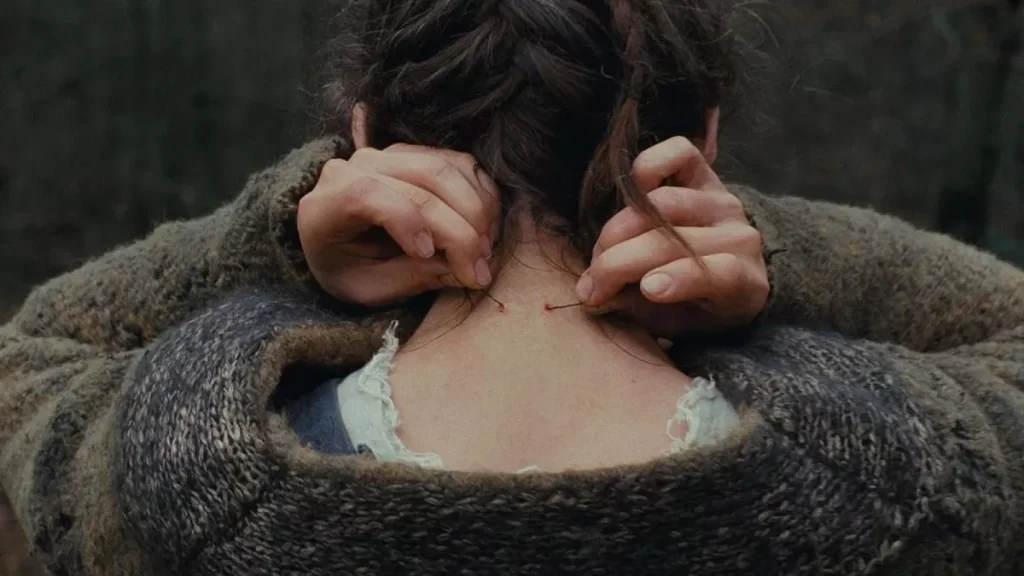
Most descriptions for The Devil’s Bath may inadvertently discourage viewers looking for a clear notion of what they’re about to watch. As well as those looking for a carefree time at the cinema. However, to skip it would be a mistake, as it is without a doubt one of the most memorable films at this year’s Berlinale, as well as the most accomplished title in its 74th Competition.
Directed by Veronica Franz and Severin Fiala (Goodnight Mommy, The Lodge), The Devil’s Bath is a bleak but mesmerising portrait of female melancholia in 18th century Austria, one based on extensive research into historical court records. It shines an unsettling light on a previously unexplored chapter of European history, which saw hundreds of people – mostly women – finding a dogmatic loophole to avoid eternal damnation. This phenomenon of suicide by proxy is explored through the story of a young woman, Agnes, played to perfection by Anja Plaschg – the musician better known as Soap&Skin.
Plaschg also provides the ominous score, which is truly haunting. You can bet we’ll be hunting for the soundtrack all year long.
The aunt-nephew directing duo put her centre stage, and by doing so, remind the viewer of how women were driven to drastic measures in order to achieve a modicum of emancipation, and that certain ecclesiastical doctrines remains alive and well to this day – thereby adding timely resonance regarding still-persistent stigma surrounding depression and suicide.
The directors use some of the horror genre’s cinematic language, but ensure that The Devil’s Bath remains an unclassifiable and tantalising slow-burn. It excels as a spine-chilling critique of religious dogma, and soars as a heart-wrenching excavation of the past’s voiceless. Above all, it casts an entrancing spell unlike any other.
The film went home with the Bear for Outstanding Artistic Contribution, awarded to cinematographer Martin Gschlacht for his striking work, but it was more than deserving of the Golden Bear this year.
Stay tuned to Euronews Culture for our interview with Veronika Franz and Severin Fiala.
Screened in Competition at the Berlinale – World Premiere.
Release date: 8 March in Austria. The film has been acquired for US, UK and Irish distribution by Shudder. TBC for other European territories – a Summer release date is rumoured.
2) Love Lies Bleeding
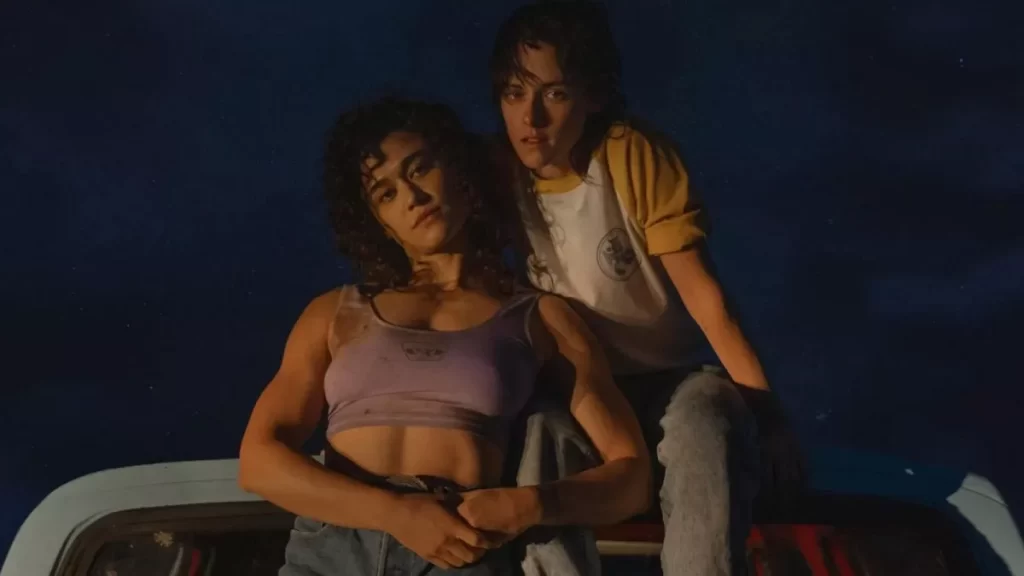
Following her face-melting 2019 debut film Saint Maud, which already announced Rose Glass as a major new talent to follow, the Welsh filmmaker returns with her sophomore effort, Love Lies Bleeding.
Her canvas is bigger, as she moves from the UK to the US, but we’re still confined to a small town – this time in New Mexico, in the 80s. The film follows Lou (Kristen Stewart) and her nascent relationship with ambitious bodybuilder Jackie (Katy O’Brian), and how both are put on a collision course with Lou’s estranged father, the criminal Lou Sr. (Ed Harris), after a reckless (but merited) moment of violence.
That briefest and vaguest of plot descriptions is necessary to not spoil some of the more outrageous aspects of the film, as the surprises at the heart of this uncategorisable film deserve to be kept intact.
Part revenge odyssey, part retro-noir, Love Lies Bleeding takes some bold swings and thematically harks back to Saint Maud in the way it explores devotion taken to the extreme: Glass’ first film dealt with religious fanaticism, while her follow up wrestles with love as an overpowering emotion which can consume and transform a person. Add a smattering of dark humour, a slight but interesting commentary on the all-American sense of extreme affirmation, as well as what is destined to be one of 2024’s most memorable soundtracks, and this audacious folie à deux becomes an unnervingly tactile and pulpy triumph powered by two electric performances.
Love Lies Bleeding confirms that Glass is up there with the likes of Julia Ducournau (Raw, Titane) and Prano Bailey-Bond (Censor) as one of the most distinctive new(ish) voices in cinema.
Oh, and if you haven’t seen Saint Maud yet, please do get it on it, pronto.
Screened at the Berlinale in ‘Specials’ section – European premiere.
Release date: 8 March in the US; 11 and 19 April in Netherlands and UK – European theatrical rollout to follow.
3) Keyke mahboobe man (My Favourite Cake)
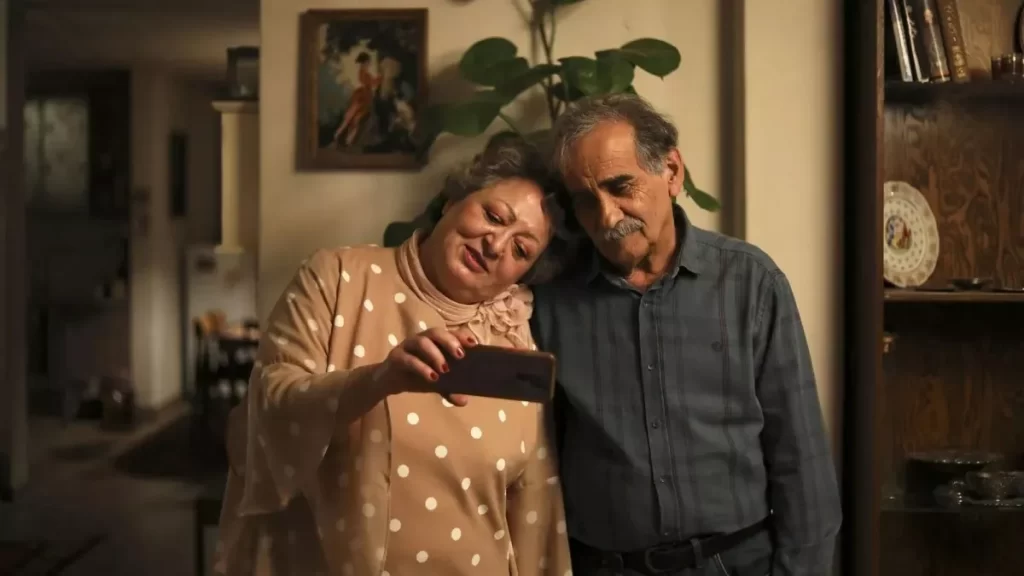
This masterful Iranian tragicomedy was one of the Berlinale’s standout Competition entries, and the fact it went home emptyhanded stands as a glaring missed opportunity from this year’s jury. However, it did rightfully win this year’s FIPRESCI prize, as well as the top prize from the ecumenical jury.
Directed by Maryam Moghaddam and Behtash Sanaeeha (Ballad of a White Cow), the film sees how lonely septuagenarian widow Mahin (played by the wonderful Lily Farhadpour) decides to reconnect with the lost freedoms of her youth, now obliterated in an unrecognizable Iran. She yearns to revive her love life, and make a new connection. She finds it when she meets – more accurately, brazenly stalks – taxi driver Faramarz (Esmaeil Mehrabi). They spend an impromptu evening together, connecting, drinking, dancing, and nourishing the hope that their happiest days are not behind them. However, hope is a very fragile thing in a country that quashes it.
Shot mostly in secret around the same time as the Woman, Life, Freedom protests broke out nationwide, My Favourite Cake takes some clear shots at the repressive Iranian regime and its morality police. These are nestled within a beautiful film that dares to tackle the harsh realities Iranian women face and that portrays women as human beings with desires and supressed freedoms. And once the succinct but allegorically powerful epilogue comes about, this film truly takes form as both a poetic and politically engaged masterpiece.
Screened in Competition at the Berlinale – World premiere.
Release date: TBC. A UK-Ireland deal has been secured already, with Curzon picking up the film.
4) Kottukkaali (The Adamant Girl)
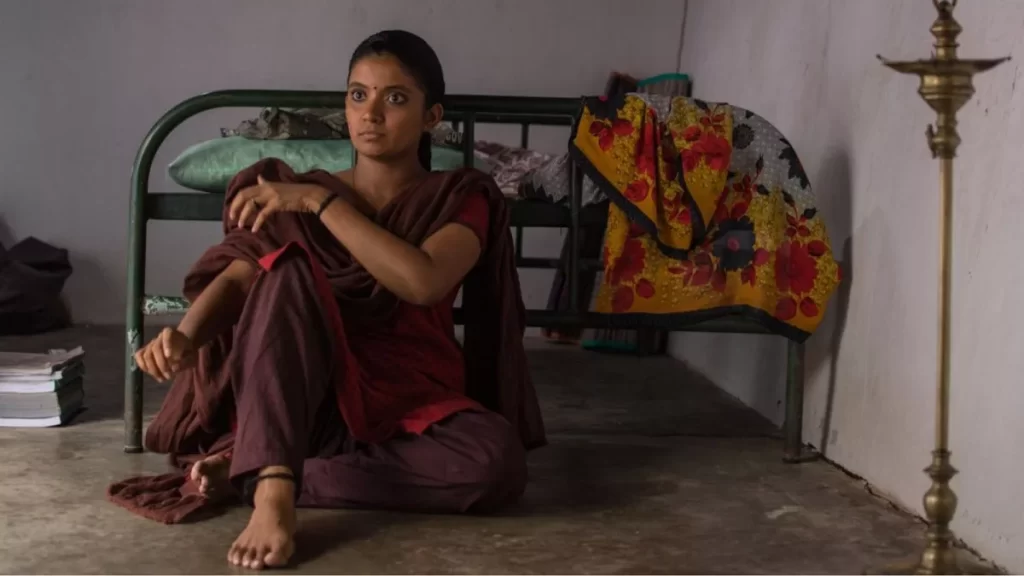
This unpredictable and deeply impactful Indian Tamil-language drama film directed by P. S. Vinothraj is one of this year’s biggest revelations.
Not that the director was unknown, having made a name for himself by winning the prestigious Tiger Award at the Rotterdam Film Festival for his 2021 first feature, Pebbles. His second film, however, was one of the Berlinale’s hidden gems.
The Adamant Girl sees two families planning the wedding of their daughter Meena (Anna Ben) and son Pandi (Soori Muthuchamy). The trouble is that Meena is in love with someone else, leading her to a state of catatonia characterised by stubborn silence. Pandi, his parents and his two wedded sisters believe her reluctance to marry him must be a case of spiritual possession. Members of both families embark on a ramshackle road trip to visit a shaman-esque “seer” who will exorcise the spirit of love from Meena.
It’s a unique road movie that confidently flirts with humour and absurdity whilst never undermining the viscerally upsetting exploration of deep-seated superstition and entrenched misogyny – and how the two are inextricably linked. The film never spoonfeeds you explanations, preferring the narrative to unfold with some lengthy, unbroken shots that pull you in deeper. Vinothraj’s subtle and unsettling examination of misogyny and internalised patriarchy in rural Indian society works wonders, as well as the terrific climax, which fizzles with poignancy and meaning.
Who knows when European audiences will be able to watch this excellent film – but don’t miss out when you see it playing.
Screened at the Berlinale in Forum section – World premiere.
Release date: TBC.
5) Architecton
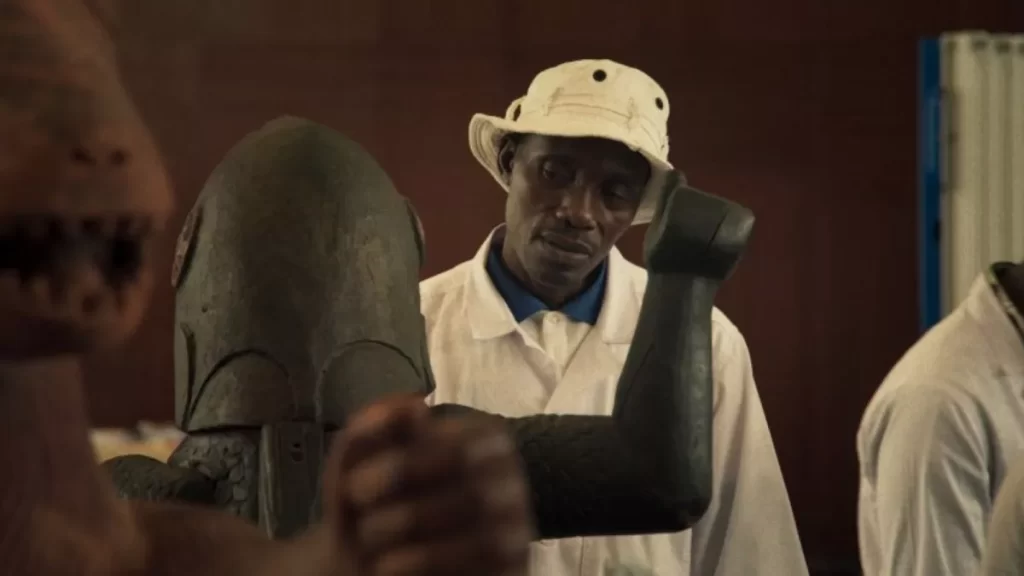
Any film about rocks, whose title makes it sound like a Transformers reject, which can glue your eyes to the screen is an achievement in and of itself.
Architecton does just that. It’s a meditative tone poem that ought to have been recompensed with a Bear come awards time. Celebrated Russian non-fiction director Victor Kossakovsky already impressed with his sensory essays Aquarela, a climate change doc told through the medium of water, and Gunda, a pig’s-eye-view doc, but his latest offering is stunning.
From war-torn Ukraine to Turkey and Lebanon, we observe the evolution of natural and manmade structures. With no commentary, Kossakovsky juxtaposes images of bombed apartment blocks, raw materials dug out from mountains, remains of Roman temples, gradually leading to the exploration of how our planet cannot sustain disposable concrete constructions that we build from the fabric of Earth itself, and that there are lessons to be learned from ancient monuments.
Working with regular director of photography Ben Bernhard, Kossakovsky captures nature and manmade structures in ways never before seen, utilising drone photography to jaw-dropping effect. Equally as entrancing are certain monochrome shots which feel calming yet apocalyptic, leading to a meditation on how architecture is a way of seeing how we live and how we behave. Most of all, Architecton questions our capacity to question ourselves with regards to the structures we build and their effects on the planet.
Through this magnificently realised piece of meditative cinema, Kossakovsky echoes the words of famed Italian architect Michele De Lucchi, who appears sporadically during the film: “We need to find a new idea of beauty.”
Screened in Competition at the Berlinale – World premiere.
Release date: TBC, but it’s coming. The Match Factory has completed deals for the film in Spain, Italy, Benelux, Scandinavia and the Baltics. Neue Visionen is releasing the film in Germany, and A24 will release the film in the US.








